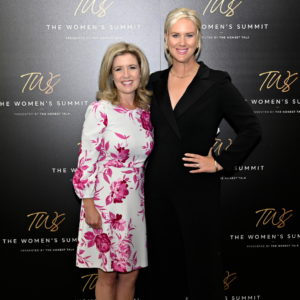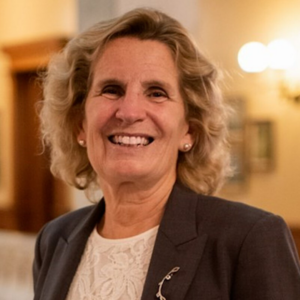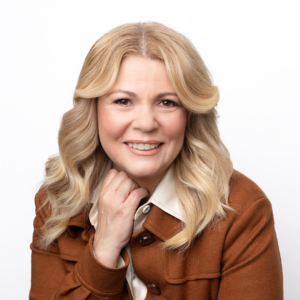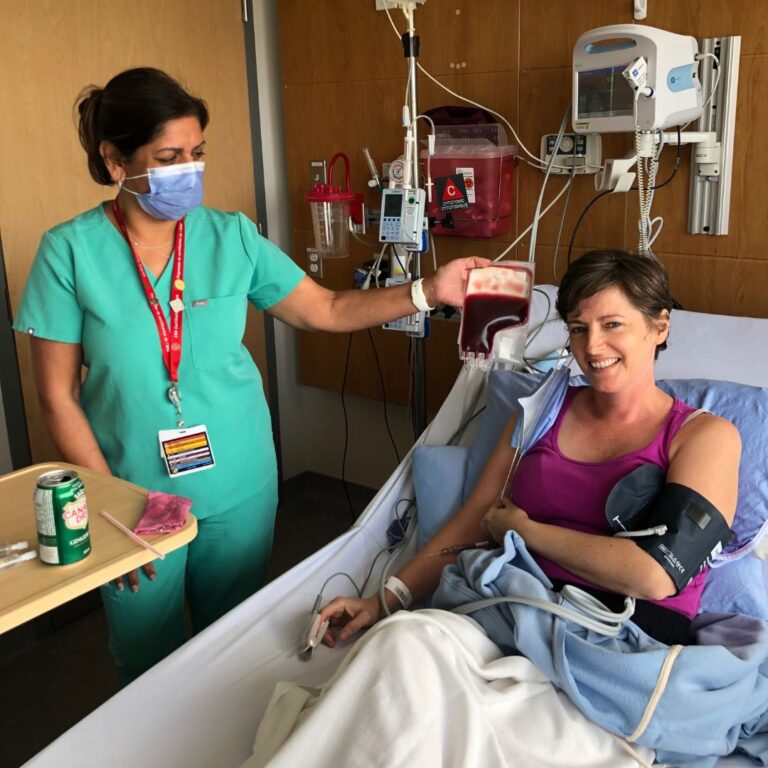Harriet Thornhill – Vice President at Royal Bank of Canada and respected mentor
Our special guest for this episode is Harriet Thornhill, a former Vice President with RBC and a true champion of mentorship. Harriet has won numerous awards, including being named one of the 100 most influential Black Canadians, and she’s a force to be reckoned with, now holding the prestigious position of Chancellor at Tyndale University.
Immerse yourself in this empowering episode of The Honest Talk. Harriet shares her insights, experiences, and invaluable wisdom that will leave you feeling inspired and motivated to conquer your goals.
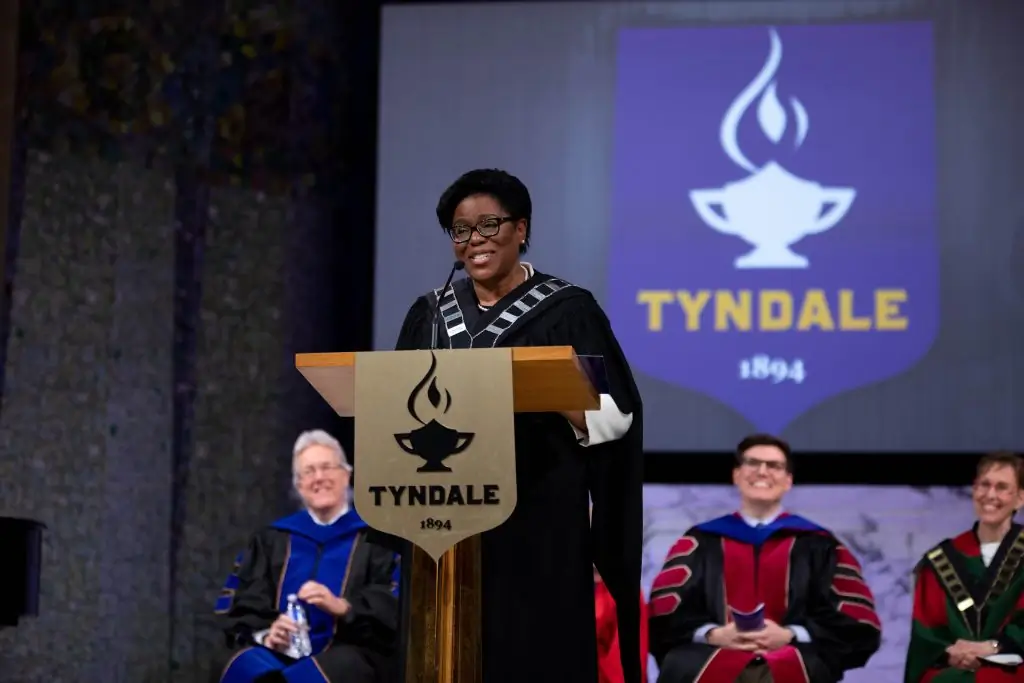
Overcoming sexism and racism
Jennifer Stewart: Your mom profoundly influenced you from an early age. Can you tell us about the impact she has had on your life?
Harriet Thornhill: She continues to have an impact, but when I reflect on my childhood growing up, whether it be in England or Montreal, both of my parents provided good examples for me and my seven siblings. My mother, however, has been the blueprint for me in so many ways.
Catherine Clark: Can you talk to us about that? Were you treated differently? Because you are a Black woman, did you not encounter roadblocks?
I was never taught to consider my race or gender before leaning into those aspects first, but more so to focus on giving my absolute best and learning and growing, making a difference.
Harriet Thornhill
Harriet Thornhill: I was never taught to consider my race or gender before leaning into those aspects first, but more so to focus on giving my absolute best and learning and growing, making a difference. You know, my mom made me believe that you can do anything you want. Along the way, I realized there were other filters I had to work through, especially as I entered the workforce early in my career.
My mom made me believe that you can do anything you want.
Harriet Thornhill
Quite frankly, there was not a high level of awareness on my part of the vulnerability to not only gender bias but also racial bias. The intersection of both can be emotionally taxing. Some experiences of biased behaviours are not always intentional; the unconscious bias is difficult. And many of my overt experiences were more in the early days. I found that later on in my career, mid-career and ongoing, I started to lean into the values of the organization that aligned with mine and was able to use my voice more because I knew not only would it help myself, but it would also help others that would be following and looking to me as a role model.
The more positive coping mechanisms that help me are embracing personal practices to quiet the voice that says you’re not enough, and to spend more time seeking out and aligning with allies. Being proactive in establishing mentoring relationships helped me immensely. I surrounded myself with individuals in the early part of my career, not so much individuals who looked like me, but undoubtedly other women and men who helped me, and then I looked for others even in the community.
Jennifer Stewart: Is there a specific example in your career when you had to dig down deep and push for change?
Harriet Thornhill: Absolutely. I recall early days when I was the client care manager at RBC, and one of the clients wanted to see the manager. When I approached them, they immediately said, “I don’t necessarily want to see you; I want to see the manager, who I hope will be a man.” And immediately at that moment, I knew that I had to compose myself because it was not something that I expected to hear. But I had enough confidence and trust in my supervisors and my manager to be able to stand boldly in front of that client and be respectful and let the client know, “I am the manager and I would appreciate it if you could allow me to take care of your needs before you cast any judgment.” After a bit of time, when we got to know each other, he apologized profusely. I was proud of myself because that was early in my career, but that was one of the most uncomfortable situations with a client. Fast forward, and that same client became one of my best clients that followed me around from branch to branch until I moved to the head office environment.
Catherine Clark: Can you talk to us about conversations you have now with other young women entering the workforce or the business? What positive milestones have been achieved? And what are they saying remains to be done?
Harriet Thornhill: From the conversations that I’m having, the glass is half full because more work must be done. There’s sometimes when you think that you’re making progress, and then you hear about a hate crime, or you hear something just horrific that has happened. And you realize, my goodness, are we taking two steps back again? I am reminded that this is a journey and there remains some work to be done around some of the systemic barriers, some of the policies and processes that have been embedded and that still need to be dismantled. There’s still an opportunity for us to have those conversations that would lead to more action.
It is possible to have a family and a career
Jennifer Stewart: What did you learn about yourself throughout this process?
Harriet Thornhill: I always wanted both a robust career and solid and loving family units. And like many other women, I have shown it is possible. However, I would never mislead a young woman and make them feel that the decision-making and the choices are not complex. It’s essential to be clear on your career boundaries regarding raising a family. Looking back, I wish I had given myself more grace. So, I advise a young woman to provide herself with some dignity and not be too hard on herself as she navigates through a career and raising a family. We put much pressure on ourselves as young parents, increasing our family and growing ourselves; it was not easy.
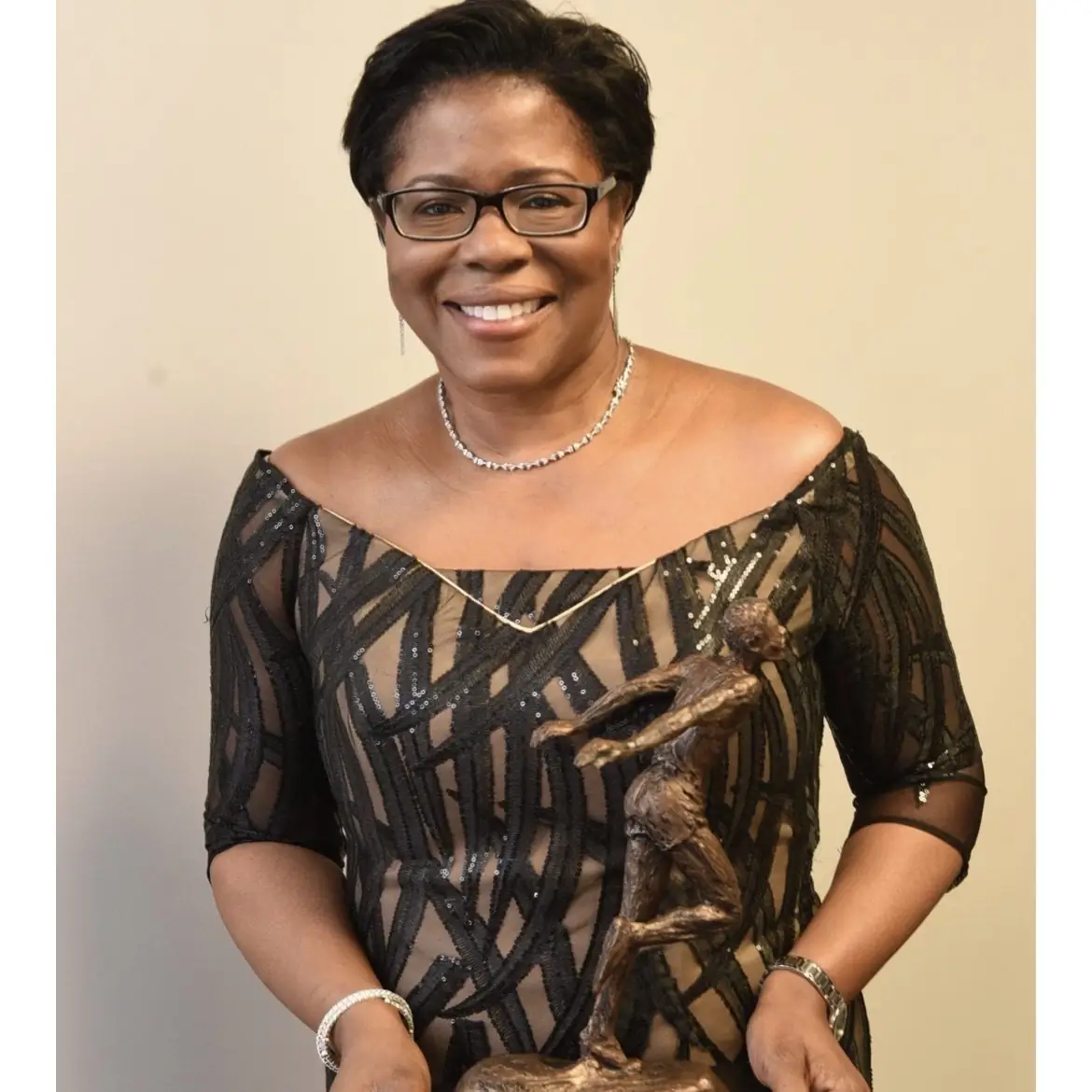
Catherine Clark: Can you talk to us about how having a family impacted you both as a person and a professional?
Harriet Thornhill: That impacted me significantly. When the boys were teenagers, I was in a beautiful, demanding role, I was preparing for my MBA — I love that I thrive in environments that require me to step up, take on different leadership stances if needed, and help the team achieve its goals successfully. So, I was humming along in my career and got excited about the opportunity to continue my education, and I was blessed with the opportunity to have another child. I decided I would have this child; I wanted to be there for them when the time came.
So, I sought out mentorship and advice about having a small child and pursuing my education. I’ll never forget speaking to a senior executive at the time, and she said to me, “Harriet, you have to decide what is most important right now for you. And what are the things that you can still have an opportunity in the future to pursue like your postgraduate education.” Some of the things that she mentored me around I use today when I mentor young women: to be reflective and reasonable, go through an analysis of, really, am I making any trade-offs at all? I felt blessed and was so thankful that I had the right people to guide me, the encouragement of my husband and my family that, yes, you can do it, you can do it all, with support.
Jennifer Stewart: What role has your partner played in your life?
Harriet Thornhill: My husband, Wayne, has been an incredible support. When I was tapped on the shoulder to take on the assignment with RBC Caribbean, I did not think lightly of it. And so I chatted with my husband. Our daughter was ten years old. The boys were older, living at home; one had finished university and one was still completing it. My husband was a generous partner and said, “Let’s do this.” So, we went down to the Caribbean, spent a couple of years in Barbados, a couple of years in Trinidad and Tobago, and my husband was there 24/7 with our daughter, taking her to activities and being there for her with the school. And so when I came home, it was easy to reconnect with her. Of course, she gravitated more to her dad in some instances, but having a partner like that, who is not too fussed about gender rules that society sometimes imposes upon us, was very helpful for me. I was able to have the capacity to apply myself fully to my work, and then devote myself fully when I was at home with him and our daughter.
Advice for younger women
Catherine Clark: When you speak to the students at the university or talk to other young women, or women in general, what advice do you give them?
Harriet Thornhill: I talk to them about purpose and passion and the importance of having a goal and having a vision for your life. Others can help you with that, but purpose and passion are essential. I talk to them about the importance of surrounding yourself with people who will be supportive — a personal board of mentors from all walks of life. It could be a core group that you will call upon, whether members of the family or members in the community; it could be anyone and don’t necessarily be narrow-minded as to who those individuals could be. I talk to them about not letting go of their vision and thinking boldly about what it is they can achieve in life as they finish their studies and go out into the world. And to ensure that they maintain the fundamentals around their values, knowing what your non-negotiables are and staying true to those, staying grounded.
Purpose and passion are essential.
Harriet Thornhill
And also the importance of taking the time to help others who might not be as fortunate, no matter who we are. There could always be others who need our help.
Giving back doesn’t have to be significant; it could be small things you’re doing, volunteering your time, and just offering a kind word to someone.
Harriet Thornhill


